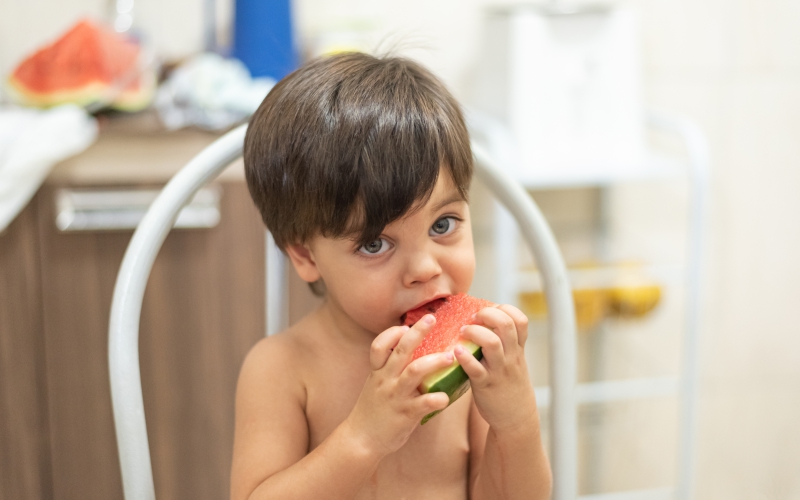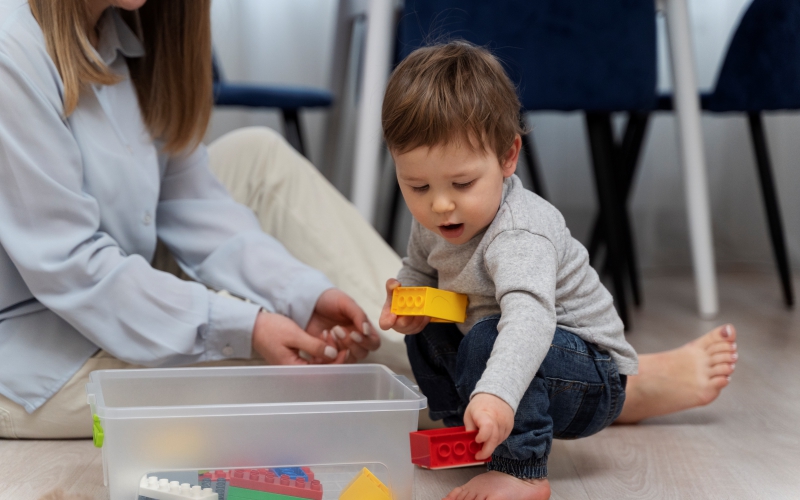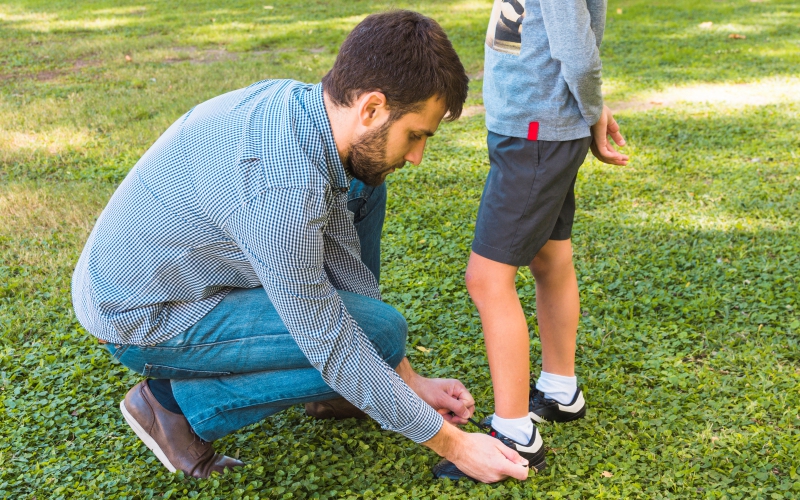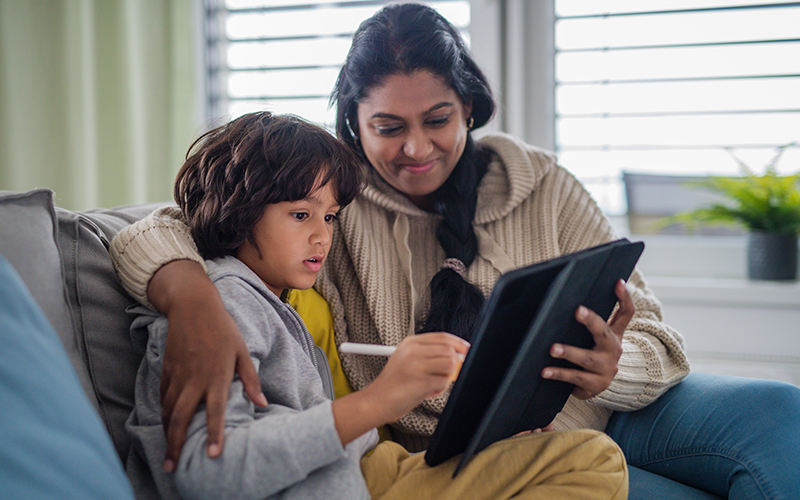Getting Your Toddler Moving: The Benefits of Regular Physical Activity
Having healthy habits from the initial stages of a baby’s life makes them develop a healthy lifestyle, in the future. Now your toddler needs to develop a variety of habits, but some are more important for their well-being than others. And this article solely focuses on the habits that you as a parent should teach your toddler.
Wash hands: The best habit to develop is washing your hands, and this goes for adults and children. Explaining the significance of handwashing to your toddler is the first step you should take in teaching them the value of it.
Nurturing Healthy Eating Habits in Your Toddler
Fruits and vegetables in the meals: Children who consume fruits and vegetables at every meal fill up on the proper amounts of high-fiber, high-nutrient foods.
Cut back on added sugars: The average child consumes 10 teaspoons of added sugar each day, or 16% of their total calories. Keep it between 0-5%
Creating a Safe and Stimulating Environment for Your Toddler
Maintain healthy oral hygiene: Early instruction of twice-daily tooth brushing will help your toddler avoid cavities, tooth decay, and gum disease.
Choose whole grains: Whole-grain foods like whole wheat, brown rice, oats, and popcorn all provide fiber and B vitamins in addition to an energy boost.
Make sleep a priority: Your toddler needs a good 7-8 hours of sleep for physical, mental, and emotional well-being.
4 meals a day is a must: Children who are permitted to graze may have fewer appetites and an interest in trying new meals. They can go without food in between meals. They’ll be more hungry when it’s time to eat and will enjoy the filling meals.
Diversify protein source: A child’s diet should contain a variety of good sources of protein, including seafood, poultry, lean meat, eggs, dairy products, beans, peas, nuts, and seeds.
Make learning a habit: To keep your child cognitively stimulated from an early age, start soon by reading books to them and looking into early childhood education choices.
Drink water: Sweetened drinks can be preferred well by your toddler instead of water but they have been held accountable for a number of the health issues affecting kids, so sticking to water is a must too.


 Toll Free Number
Toll Free Number
















